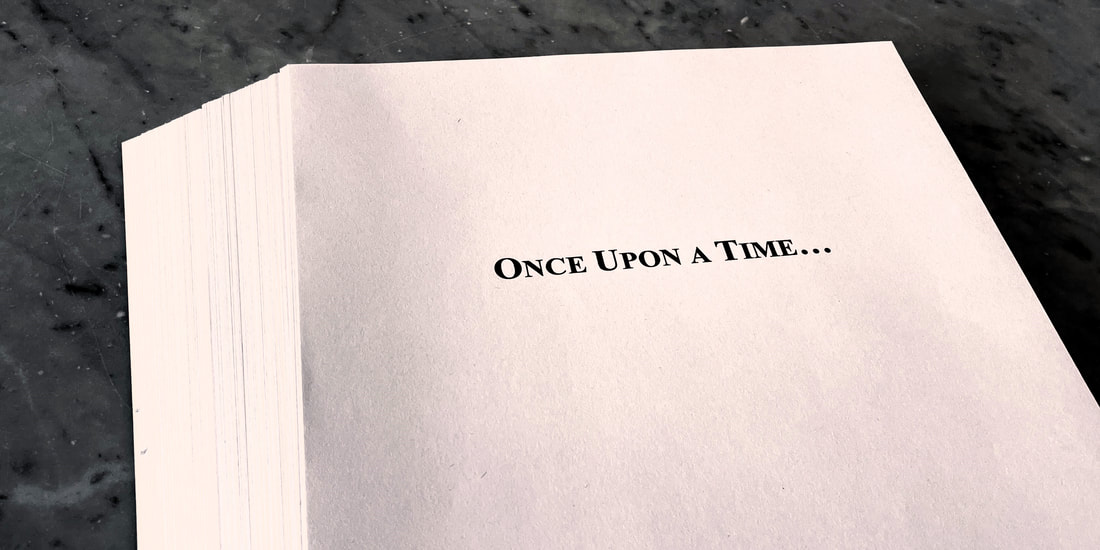|
Writing a novel is sitting down and telling yourself a story you really need to hear. It’s that simple. Not to be conflated with ‘easy’ - two different things entirely. But yes, simple. Simple because it takes a lot of the “industry research” aspect out of what should be a personal, creative, emotion-driven decision. Instead of trying to discern what’s currently ‘hot’—and then performing some sort of magical thinking to determine what’s still going to be hot in three or four years—you simply use the north star of: What do I really want to write next? And then do that. I’ve made up a lot of bedtime stories (like, a thousand or so, as discussed here). Writing a novel is a similar process only at a much bigger and more complex scale, over a much longer period of time. But the commonality is that the emotional driver as you go through the process—whether a 10-minute story or a 500 page novel—is basically: If I were in the middle of this what would I want the next move to be, as an engaged reader? As implied in the opening line, the real goal is to write in such a way that you—as the author—are totally wrapped up in the story, heart and soul. I firmly believe there are massive benefits to this level of emotional engagement for the writer. When it’s going well, writing a novel feels like very much like reading a really good book. When you’re really immersed in a great book, you think about it when you’re away from it and you can’t wait to get back to it because you can’t wait to see what happens next. It’s the “Can’t wait to see what happens next!” part that drives the writing of good fiction. In a sense, you really are telling yourself a story… a story in which you’re totally immersed. And it’s the “Tell yourself a story” that I think might just be the key to the whole thing. I see a fair amount of people who seem to be driven by the belief that they “need to write something the market wants.” As we’ve discussed before, trying to follow a trend in publishing is problematic in the extreme, for temporal reasons among others*. [*TL;DR: The books currently splashed across endcaps at B&N were acquired two years ago. It’ll take you a year to write/revise/polish something similar; months to query; more months on sub to get it acquired; 18 to 24 months from acquisition to pub day. Do the math.] BUT… if you instead tell yourself a story that you truly want & need to hear, you’ll be fully invested… not just plot-wise, but emotionally… to the point where the characters become real and you actually, deeply care about them… which is the only way to get agents and editors and readers to care about them… which, ultimately, is the only way to get your book splashed across those coveted endcaps. It's like perusing the stacks at your favorite indie bookshop, thinking, Hmm… what am I craving? What am I in the mood for? What do I really want to read? Except you’re browsing your own imagination, and you’re transposing the object of that sentence from read to write. But artistically, the process is almost identical. You’re window shopping in your mind’s eye. And you shouldn’t be concerned with buying what’s on sale—you should buy what you really want! Happy shopping!
2 Comments
Bob Montaño
4/6/2024 02:39:29 am
Nicely done! I agree with all of your commentary. Ruth and I are currently reading/or listening to 5 different books that we’ve become completely engrossed in. Hence the problem… which one do we pick up today? Write for yourself whether it’s music or poems, etc. Forget about what you think has commercial value. Write what you love.
Reply
Leave a Reply. |
The Craft and Business of
|

 RSS Feed
RSS Feed